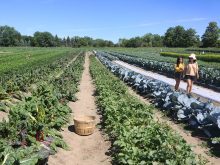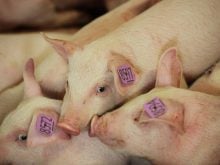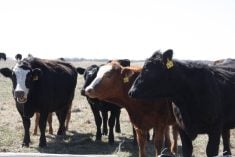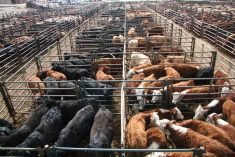KANANASKIS, Alta. — The company responsible for Roundup Ready canola has learned some hard lessons about what the public will accept.
“We thought as long as you had impeccable science and products that met a farmer’s needs, we thought that was all you had to do,” Carl Casale said at the Western Canadian Wheat Growers Association’s recent annual meeting in Kananaskis.
Casale, who is in charge of Monsanto’s agricultural businesses, said European customers rejected genetically modified canola and soybeans even though the products came with assurances they were safe.
Read Also
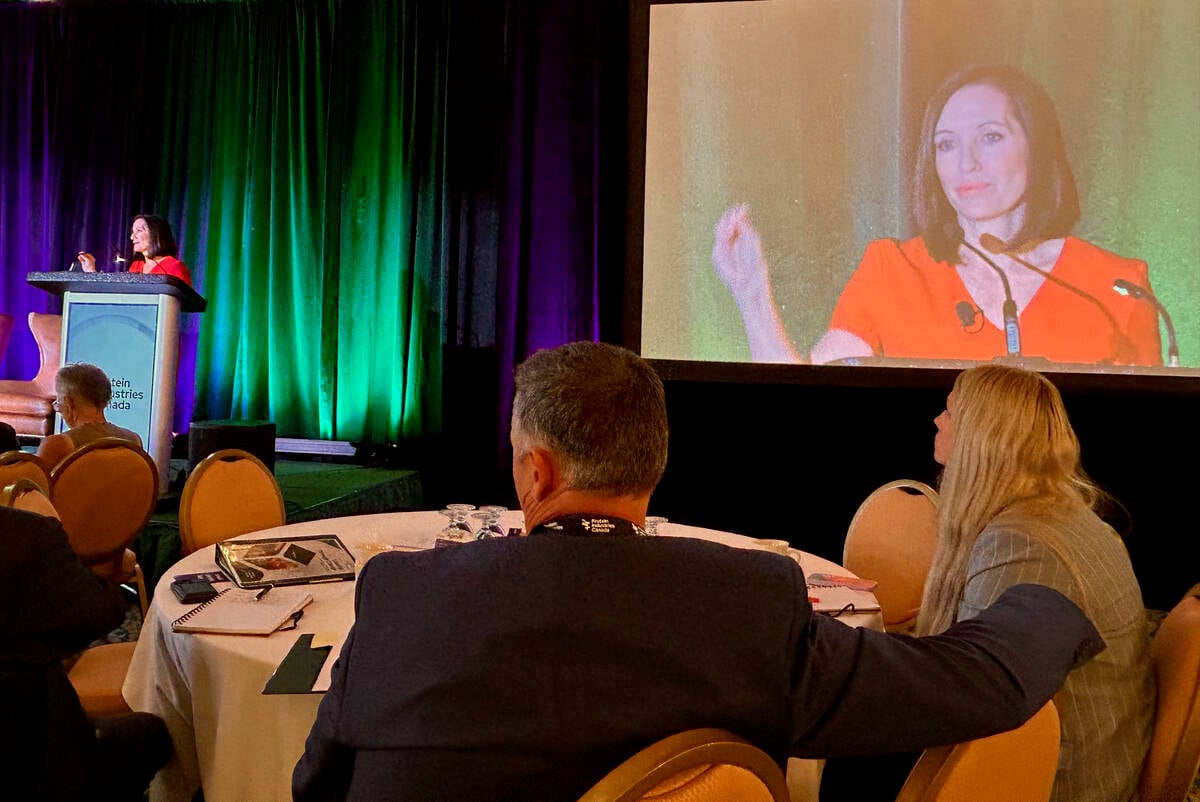
Canada told trade crisis solutions in its hands
Canadians and Canadian exporters need to accept that the old rules of trade are over, and open access to the U.S. market may also be over, says the chief financial correspondent for CTV News.
“We learned the hard way when we went to Europe that there are thoughts and concerns of others that are beyond that (science).”
Although the United States and Canada have regulatory agencies that scrutinize novel foods, Europe does not. As well, many Europeans do not trust the regulatory process.
“That set us back in Europe,” he said.
The controversy forced the company to re-examine its biotechnology work.
Since it merged with Upjohn, Monsanto has become a pure agriculture company working in crop protection chemicals and biotechnology research.
“We will only do plant-to-plant genetic transformations,” he said.
The company has pledged not to transfer genes from animals to plants because the public rejects this kind of genetic alteration.
Further, any new technology has to benefit farmers by adding to their efficiency and profitability.
The company is conducting research on cotton, wheat, oilseeds and corn.
Genetically altered wheat is ready for release in the near future. Casale said the company isn’t concerned about future resistance problems because glyphosate has several modes of action.
“We are keenly aware of what the issues surrounding Roundup Ready wheat are. We’re committed to working with you through those issues.”
Segregation and low-cost testing programs are necessary. Growers also need foreign customers who are willing to buy GM wheat.
While critics say the cost of segregating grain and oilseeds is too high, Casale said it must be done. This applies particularly to crops grown for the pharmaceutical business.







